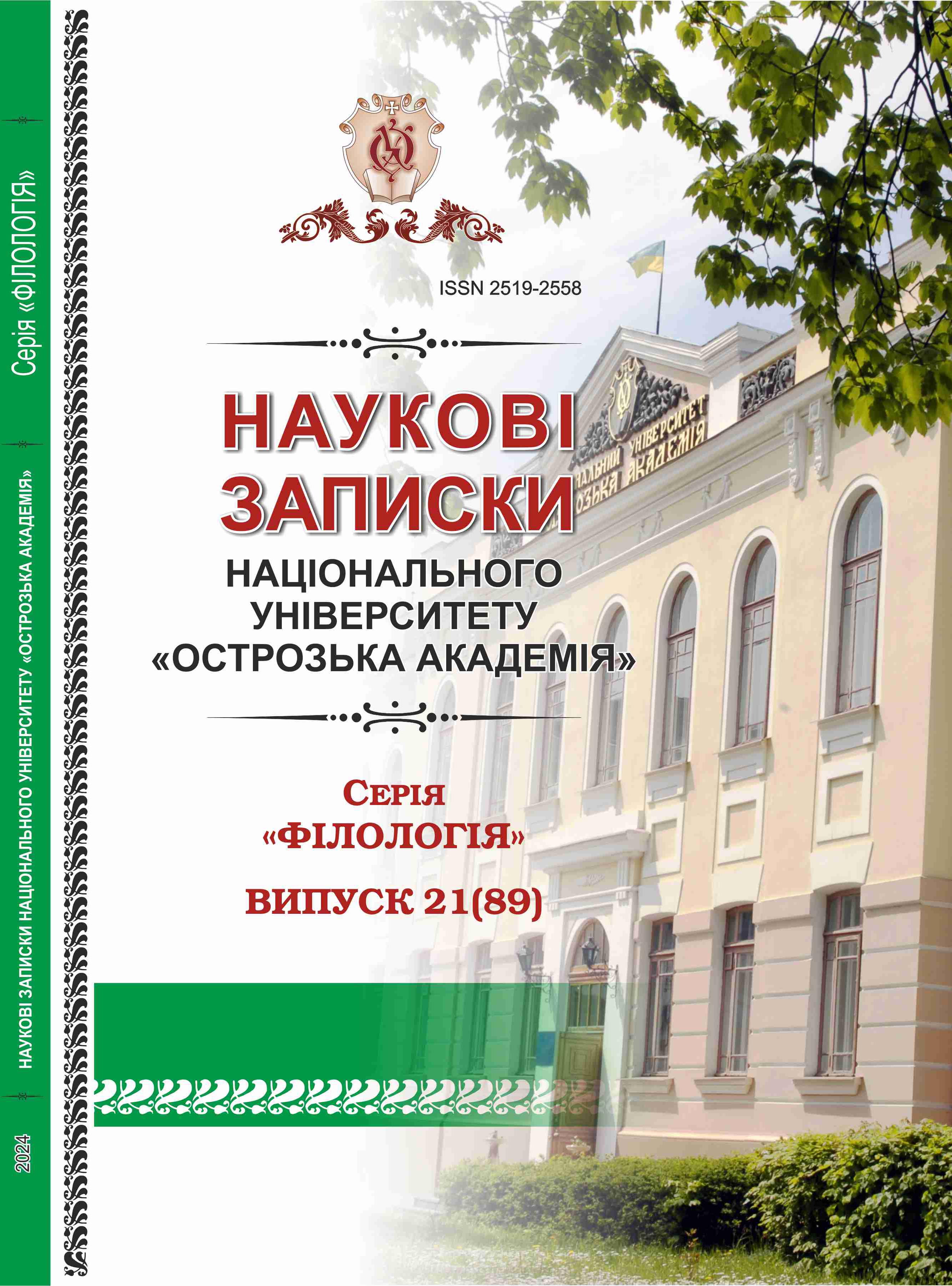FORMATION OF UKRAINIAN-LANGUAGE COMMUNICATIVE COMPETENCE UNDER MARTIAL LAW: THE ISSUE OF MOTIVATION OF FOREIGN MEDICAL STUDENTS (SURVEY EXPERIENCE)
Keywords:
Education, Foreign Medical Students, Ukrainian as a Foreign Language, Ukrainian-Language Communicative Competence, MotivationAbstract
Motivation plays a key role in learning Ukrainian as a foreign language. It is essential for the successful development of Ukrainian-language communicative competence. The organisation of the educational process for foreign students changed in connection with the military operations. When the full-scale invasion began, foreign medical students were forced to leave the territory of Ukraine, which meant that they were removed from the linguistic environment and lost the communicative need to use the language in everyday life. This naturally affected their motivation to learn Ukrainian. In order to maintain the effectiveness of the formation of Ukrainian-language communicative competence, we decided to find out the factors that motivate foreign students to learn Ukrainian under the conditions of martial law. This became the aim of the study. The study was conducted in the form of a questionnaire survey among foreign students of the 2nd Medical Faculty of Uzhhorod National University; the answers were analysed and grouped; the most important factors for the improvement of the quality of educational services and the effectiveness of the formation of the Ukrainian-language communicative competence were identified. The study came to the following conclusions: during the war, the desire to learn the Ukrainian language increased due to the emotional factor (or emotional and aesthetic motives). Despite the students’ stay outside Ukraine, the most important factor that continued to influence the desire to learn Ukrainian was social and communicative motives. The least frequently cited reason was the need to learn the language as a compulsory subject (i.e. under duress). Quite often students expressed the wish to learn more about the culture and history of Ukraine, the peculiarities of its mentality, etc. (cognitive motivation). Didactic, emotional and personal (teacher as a motivator) and pragmatic motives were mentioned by the students in their answers. The results of the study have practical implications: understanding the motivational factors (especially their priority from the students’ point of view) is extremely useful information for teachers. Each of them can analyse the students’ opinions in their own way and consider them in their teaching in order to increase motivation to learn Ukrainian as a foreign language and to make the process of formation of communicative competence more successful.

